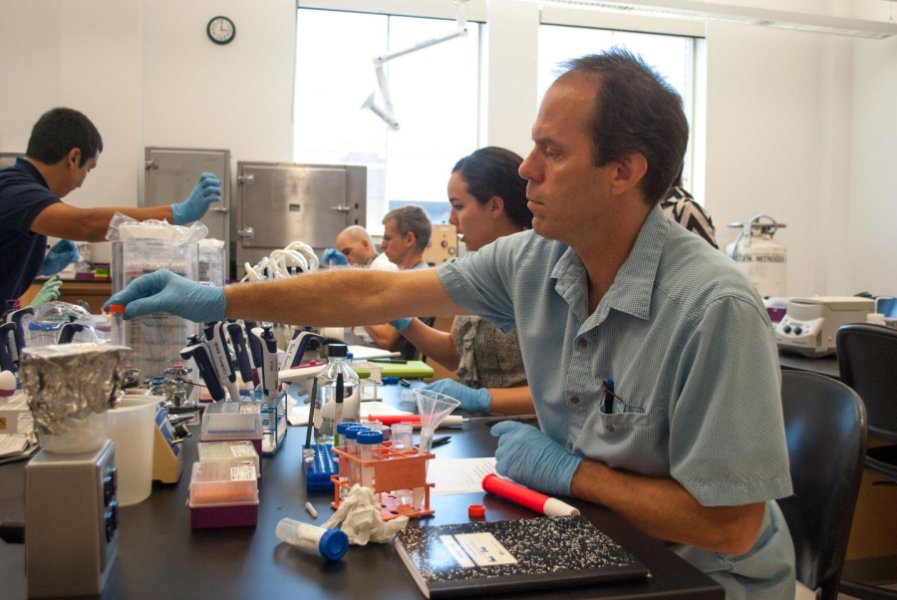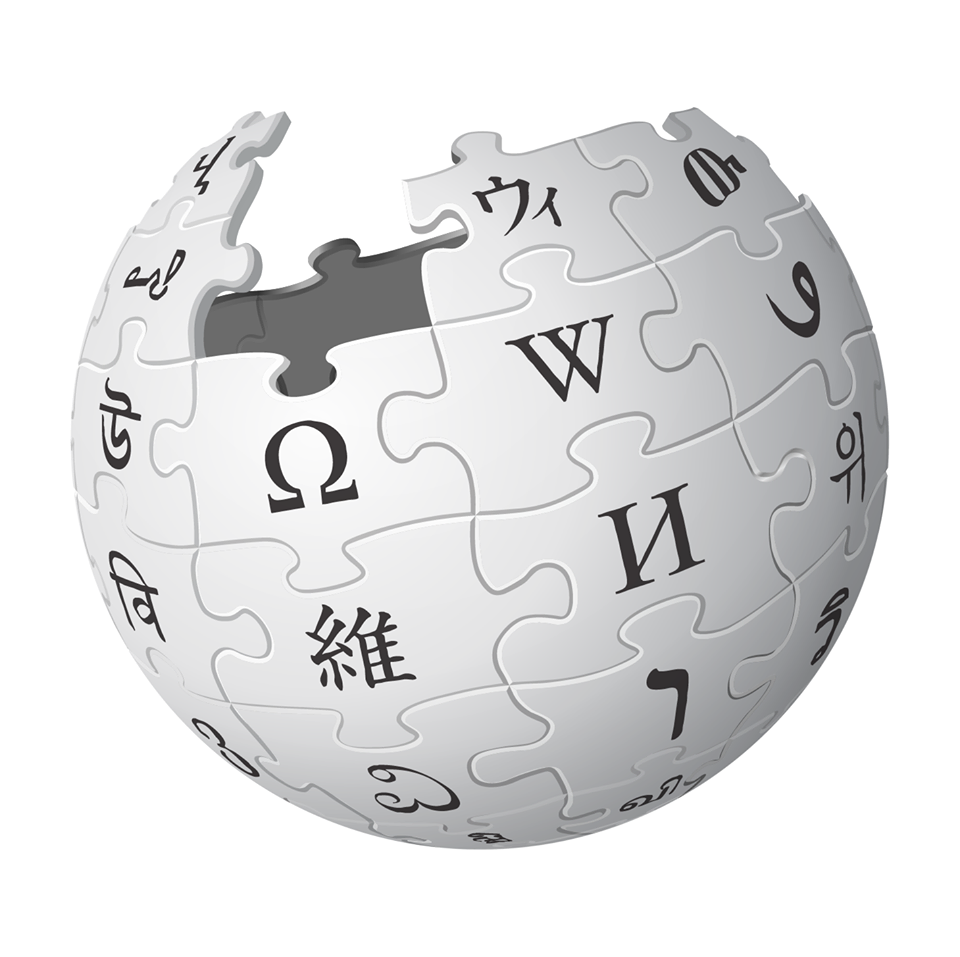FSU biology professor uses Wikipedia in a pioneering approach to teaching

With a little help from Wikipedia, a Florida State University professor is taking an innovative approach to teaching that may offer a glimpse at the future of education.
Professor Hank Bass of FSU’s Department of Biological Science is the university’s first instructor to pilot the free, completely online Wiki Education program. The program allows educators to assist students in critiquing, improving and even creating new Wikipedia articles. Since its creation in 2010, the program has grown steadily, having supported more than 10,000 students in classes around the world.
As part of the program, Wikipedia staff help educators such as Bass to create specialized “dashboard” sites that allow them to give specific assignments to students and track their progress. Any changes that students submit can be reviewed by the Wikipedia editing team and many of them will eventually be reflected on actual Wikipedia pages. Teachers can use this program as supplemental assignments for their class or as their main teaching source.
“The FSU students enroll in a free course I develop for them, where they eventually function as genuine Wikipedians,” Bass said. “They take tutorials, critique articles and develop scientific literacy. They get credit for the activities and their content edits, which in turn improve or enhance Wikipedia pages under my supervision. The students’ content edits go live during the semester — very exciting.”
Bass initially implemented the program with his “General Genetics” undergraduate course in spring 2016. The class contained more than 150 students, which posed a large organizational challenge for him. However, Bass worked extensively with the Wiki Education staff, participating in a number of conference calls to iron out the kinks and customize group activities for the FSU class.
“The program has a very helpful and accessible staff,” he said.
To make administration of the assignments easier, Bass divided his class into groups and had each group work on a specific Wikipedia article relating to genetics. They would then spend some class time discussing the best submissions. Bass made the Wikipedia assignments worth only 15 percent of students’ overall grade because he was new to the program.

The next time Bass utilized the Wikipedia program was in fall 2017, when he adopted it for his graduate-level “Advanced Molecular Biology” course. That course contained just 20 students, so administration was much simpler. In that class, each student was assigned his or her own article to work on.
Bass was impressed by how much some students chose to engage with the Wikipedia assignments.
“One student, Gabrielle Fisher, actually created an entirely new Wikipedia page on a parasitoid wasp species, which was way more than I expected, but it illustrates how some students can really run with it,” he said.
“(The program) allows students to learn and contribute knowledge while at the same time practicing scholarship and contributing to the education of others,” Bass said. “I used it to help students think deeply and critically about the nature of knowledge and evidence. It affords a sort of hands-on activity in a lecture course.”
Another major benefit of the program is that it can help teachers move away from textbooks in their teaching methods, saving students hundreds of dollars. Textbooks, especially in the sciences, are constantly being updated and only seem to be relevant for a couple of years, if not months, because of the continuous influx of new discoveries. Wikipedia, however, is constantly being updated and provides some of the latest information available on any subject.
Many scholars and professors tend to shy away from Wikipedia in education, but Bass has embraced it wholeheartedly. He even said that he refers to it from time to time to make to time to make sure his own writing is clear and concise.
“In my field, Wikipedia is in a league of its own in terms of precision, accessibility, community curation and clarity — an instructor’s dream,” he said.
According to the Wiki Education Program newsletter, “In Fall 2017, Wiki Education supported 318 courses and almost 7,000 students. Those students improved more than 7,000 articles and created 635 new ones. In total, they contributed 5 million words to Wikipedia this term. That’s equivalent to almost 9 copies of Tolstoy’s ‘War and Peace’ or about 11.5 percent of the last print edition of the Encyclopedia Britannica.”
Ultimately, the benefits of the Wiki Education program are twofold: Students receive an enriched learning experience, while humanity enjoys the resulting increase in our collective knowledge.
Bass is planning to continue with the program and is organizing a Wiki Education Program Webinar in April to help other instructors at FSU learn more about it.
The Department of Biological Science is a department within the College of Arts and Sciences at Florida State University.

